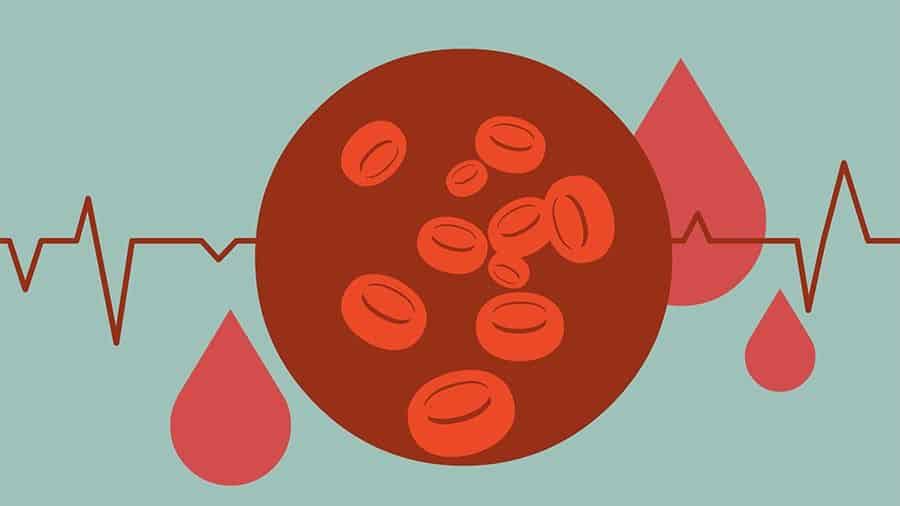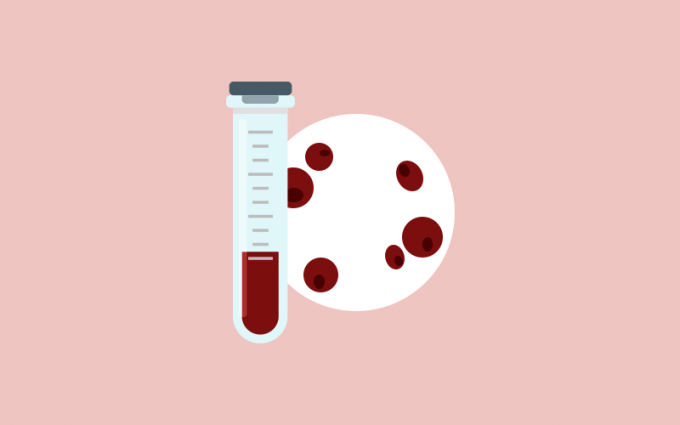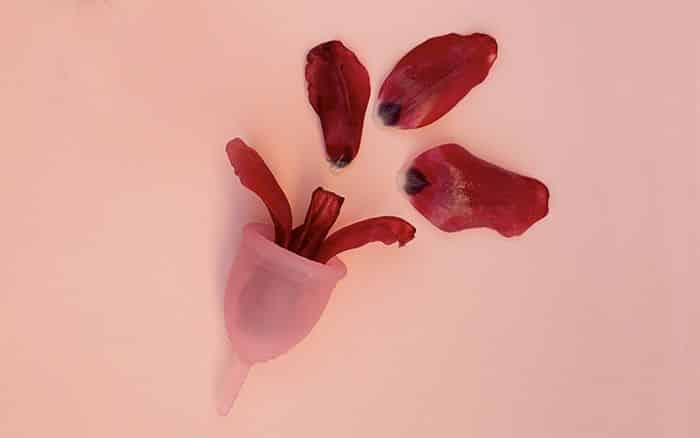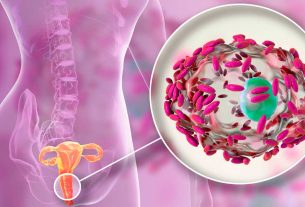This is a question that causes doubt in many people, after all, does menstruation cause anemia? It can cause it, but it is not the only reason.
As we know, menstruation is something completely normal and natural that is part of a woman’s life cycle. However, each woman deals with the menstrual cycle differently, because each organism is unique and reacts in a different way, with different symptoms and reactions. However, something that is still little discussed and causes many doubts is whether menstruation causes anemia.
Not that it is anything like a “side effect” of menstruation, but in some cases, it can cause anemia. This is because monthly blood loss, especially if you have a very heavy menstrual flow, can make a woman more susceptible to anemia, due to iron deficiency. Among the most common symptoms of anemia caused by menstruation are tiredness, weakness and shortness of breath.
Therefore, today we will clarify more why menstruation causes anemia, the first signs, and how to deal with the problem.
What is anemia?

Before establishing an understanding of why menstruation causes anemia, we need to understand what anemia itself is. This is a public health problem that affects the entire population. According to the World Health Organization, WHO, anemia is the most impactful nutritional disease in the world, affecting around 20% to 30% of the world’s population.
Anemia is characterized by a decrease in red blood cells or hemoglobin in the body. Hemoglobin is a very important protein, which contains iron within your red blood cells. It is responsible for transporting oxygen molecules to the body’s cells. So, with the reduction of red blood cells, the body may end up not receiving enough oxygen to function properly.
Therefore, this condition may also be related to the menstrual cycle, that is, menstruation.
Does menstruation cause anemia?

So yes, menstruation causes anemia. But it is not the only cause of this condition. It could be one of the causes, among many others.
Any change in the life cycle of a red blood cell can result in anemia. Among the most common causes we can mention blood loss, parasite infections, nutritional deficiencies, a diet low in iron, nutrient absorption problems and even chronic diseases. So, among so many causes, in this article we will only focus on iron deficiency anemia, which is a specific type of anemia that can be related to menstruation.
In this case, it happens due to blood loss during menstruation, when red blood cells naturally decrease. Therefore, it is more common when a woman has a very heavy menstrual flow, so intense that hemoglobin levels become very low, bordering on anemia.
So, when lost iron is not replaced, it can cause anemia. For this reason, it is so important that women who are still menstruating have a balanced diet rich in nutrients, especially iron, to prevent this from happening.
Menstruation and anemia

However, although anyone can be susceptible to anemia, in the case of menstruation-related conditions, some characteristics are decisive. Therefore, it is important to pay attention to some factors.
Starting with menstrual flow, people with heavier flow are more likely to develop iron deficiency anemia. So, for the menstrual flow to be considered intense, the person must bleed above the typical 80 ml per cycle. But there are some variables that may be behind the very intense flow, such as hormonal imbalance, uterine fibroids, adenomyosis, polyps, or even blood disorders.
But it is important to emphasize that menstruation is not the only gynecological reason for anemia. During pregnancy and breastfeeding, as well as any other period of intense growth and development, there is a considerable loss of iron from the body. So, during these periods, a woman needs two to three times the normal amount of iron that she would need without being pregnant.
Furthermore, blood loss during childbirth can also contribute to worsening anemia.
Symptoms of anemia

Anemia, especially iron deficiency, may take a while to show symptoms. It can happen slowly, over the years, making it difficult to notice the changes. It is mainly characterized by inexplicable tiredness, where there is a lack of willingness and strength to carry out simple tasks. Additionally, it can appear in changes in hair, nails and skin. So, the main symptoms of anemia caused by menstruation are:
- Constant tiredness;
- Weakness;
- Shortness of breath;
- Apathy?
- Difficulty concentrating;
- Heart palpitations;
- Cold intolerance;
- Pallor;
- Dizziness;
- Weak and brittle nails;
- Yellowish skin;
- Loss of hair;
- Cracks in the corner of the mouth.
What to do?

So menstruation causes anemia, and you suspect you have developed the condition, so the first thing to do is go to the doctor. Be clear and specific about your health history, menstrual cycle and eating habits. From there, a complete blood count can be done to identify whether or not the patient has anemia.
The tests confirmed anemia, what should I do then? The first thing that comes to mind because you have iron deficiency anemia is: eat more foods with iron. Which is not wrong, this may be a first step, but that’s not all.
When a person has iron deficiency anemia, daily consumption of foods containing the nutrient is often not enough to correct the deficiency. So, iron tablets and iron supplementation are the most common treatment.
However, it is not enough to simply start supplementing. The doctor is the one who should recommend the best treatment, depending on the type of anemia and the origin of the problem. There are several different treatments to treat anemia, which is why it is so important to be sure of the type and causes of the problem to obtain the best solution.
Finally, it is important to highlight that menstruation is not the only factor responsible for the increased risk of anemia in women. The fact is that iron deficiency anemia occurs due to an imbalance in the body, and that it can have several causes, and menstruation is just one way to demonstrate this.
Anyway, what did you think of this article? In fact, take the opportunity to also check out Irregular menstruation – Causes, symptoms and treatments.
Sources: Clue Minha Vida Korui Pantys
Images: Live Well Live Well Life 1000 Korui Live Well Hapvida

Sign up for our newsletter and stay up to date with exclusive news
that can transform your routine!
Warning: Undefined array key "title" in /home/storelat/public_html/wp-content/plugins/link-whisper-premium/templates/frontend/related-posts.php on line 12
Warning: Undefined array key "title_tag" in /home/storelat/public_html/wp-content/plugins/link-whisper-premium/templates/frontend/related-posts.php on line 13




